5 Ways to Lower Toxin Exposure & Support Your Health

With certain health issues on the rise, people are looking for ways to lower their overall exposure to toxins.
It's becoming more & more evident that environmental toxins are contributing to the rise in chronic health issues like obesity, diabetes, asthma, infertility & even cancer.
According to Dr. Lora Shahine, "Environmental toxins are the new tobacco". Her point was that there is enough research and science to show that there is a definitive link between the rise in health issues and toxins and it should be talked about more frequently. Dr. Shahine is a fertility doctor who works with other fertility doctors to help give them the information and resources they need to be able to confidently educate their patients on this topic.
Most people are still unaware of this issue, and if you're here reading this, than that means you are one step ahead of most!
We accumulate toxins in our bodies over time so it's really important to take control...
Top 6 Air-Purifying Plants for a Healthier Home

In addition to the tips mentioned in my previous blog post, incorporating air-purifying plants in your home can be an effective way to keep your household air clean.
Plants are natural air purifiers that can help remove toxins and pollutants from the air. Here are a few air-purifying plants that you can consider adding to your home:
Snake Plant
Snake plants are easy to care for and can help remove formaldehyde, benzene, and other pollutants from the air. They can grow in low-light conditions and only need to be watered occasionally.
Peace Lily
Peace lilies are known for their beautiful white flowers and can help remove toxins like benzene, formaldehyde, and trichloroethylene from the air. They prefer indirect sunlight and should be watered when the soil is dry.

Spider Plant
Spider plants are excellent air purifiers and can help remove pollutants like formaldehyde and xylene from the air. They are easy to care for and can grow in a wide range of light conditions.
Boston...
5 Simple Ways to Keep Household Air Clean
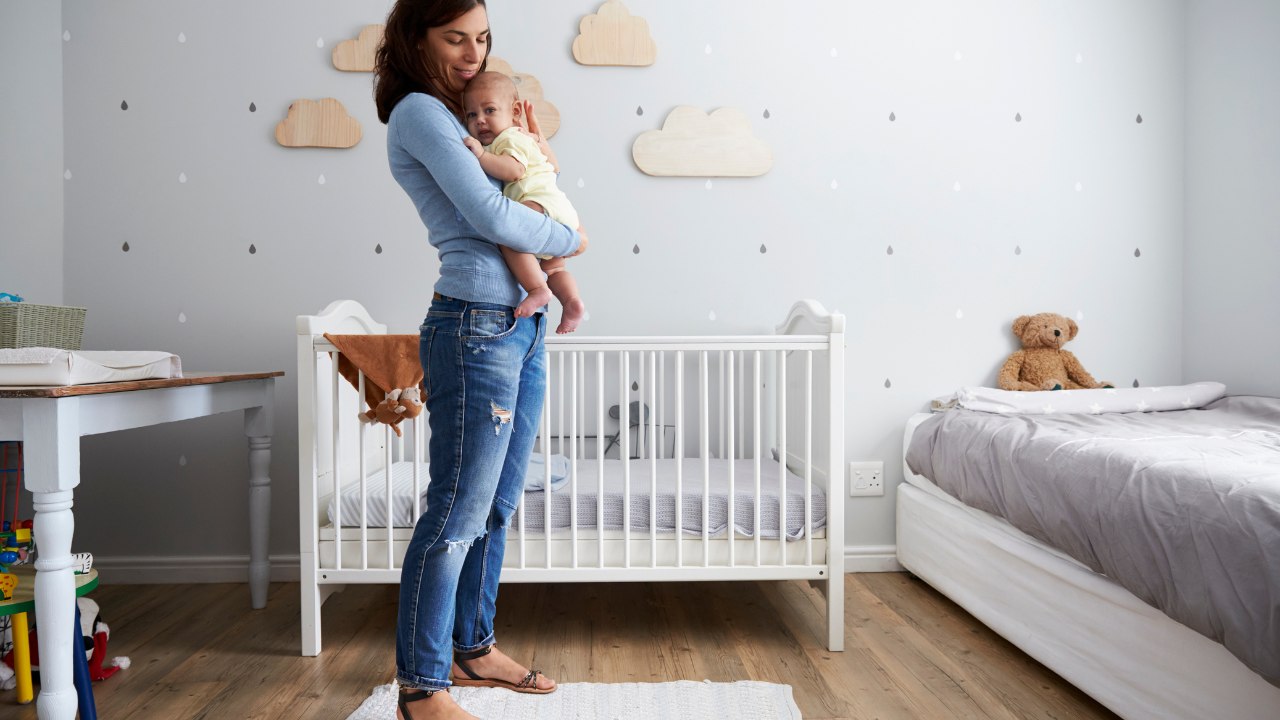
The quality of the air inside your home is essential to your health and well-being.
Poor indoor air quality can cause respiratory problems, allergies, and other health issues. Fortunately, there are simple steps you can take to keep the air in your home clean and healthy. Here are a few tips to get you started:
-
Keep Your Home Clean
Dust and debris can accumulate in your home, leading to poor air quality. Regular cleaning can help reduce the amount of dust and dirt in your home. Dust surfaces, vacuum carpets and rugs, and mop hard floors regularly. Make sure to clean your bedding and wash your curtains and blinds regularly plus take your shoes off and leave at the door.
-
Use Non Toxic Cleaning Products
Many conventional cleaning products contain harsh chemicals that can pollute the air in your home. Instead, use non-toxic cleaning products that are free of chemicals and toxins. Natural cleaning products aren't always safer, but here is a list of 10 alternatives to...
AirDoctor 3000: A High-Performance Air Purifier for Clean Air + 5 More Top-Selling Air Purifiers
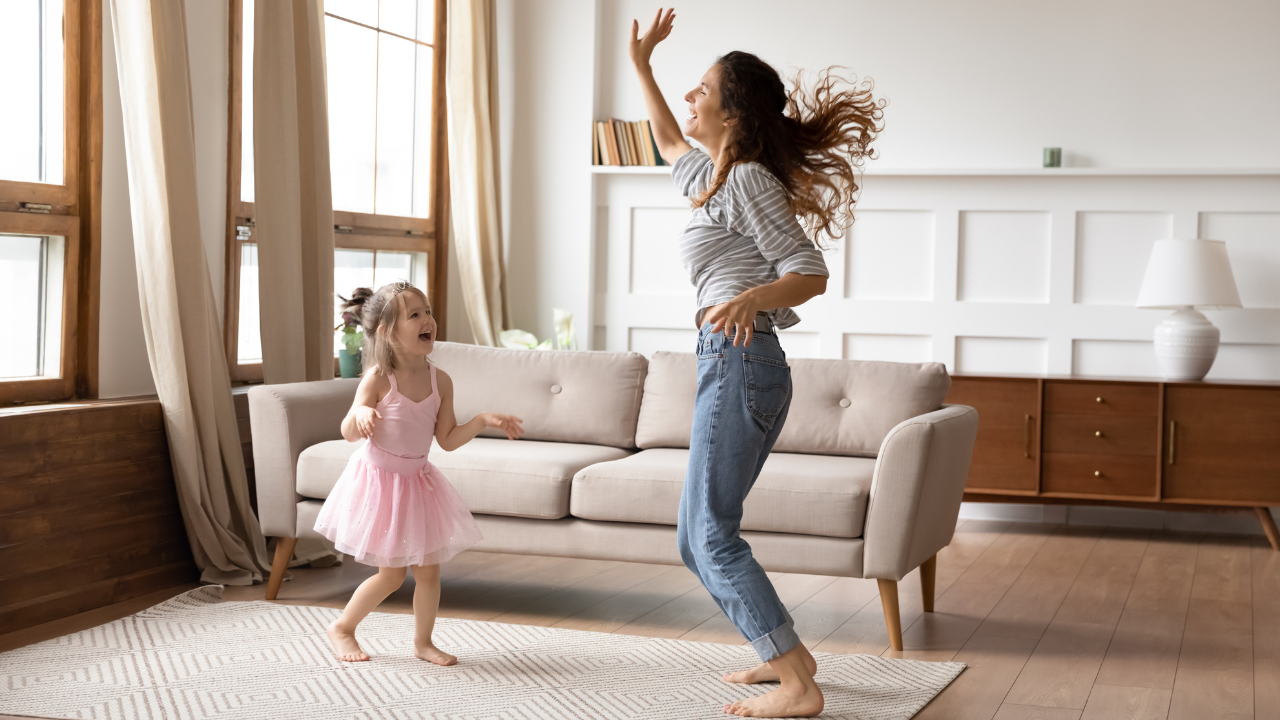
With the growing concern about indoor air quality, air purifiers have become essential appliances for many households.
There are countless air purifiers on the market (I'll include links to 5 more top-selling options below), but the AirDoctor 3000 stands out as a high-performance air purifier that can help improve the air quality in your home or office.
The Airdoctor 3000 is a high-end air purifier that promises to remove up to 99.97% of airborne particles, including dust, allergens, and pollutants. It uses a four-stage filtration system that includes a pre-filter, a HEPA filter, an activated carbon filter, and a patented dual-action filter. This combination of filters is designed to capture even the smallest particles and provide clean air for large rooms up to 500 square feet.
One of the standout features of the Airdoctor 3000 is its quiet operation (yay for that!!). The purifier has a WhisperJet fan that operates at a noise level of 25 decibels on the lowest setting, making it...
National Skincare Education Day
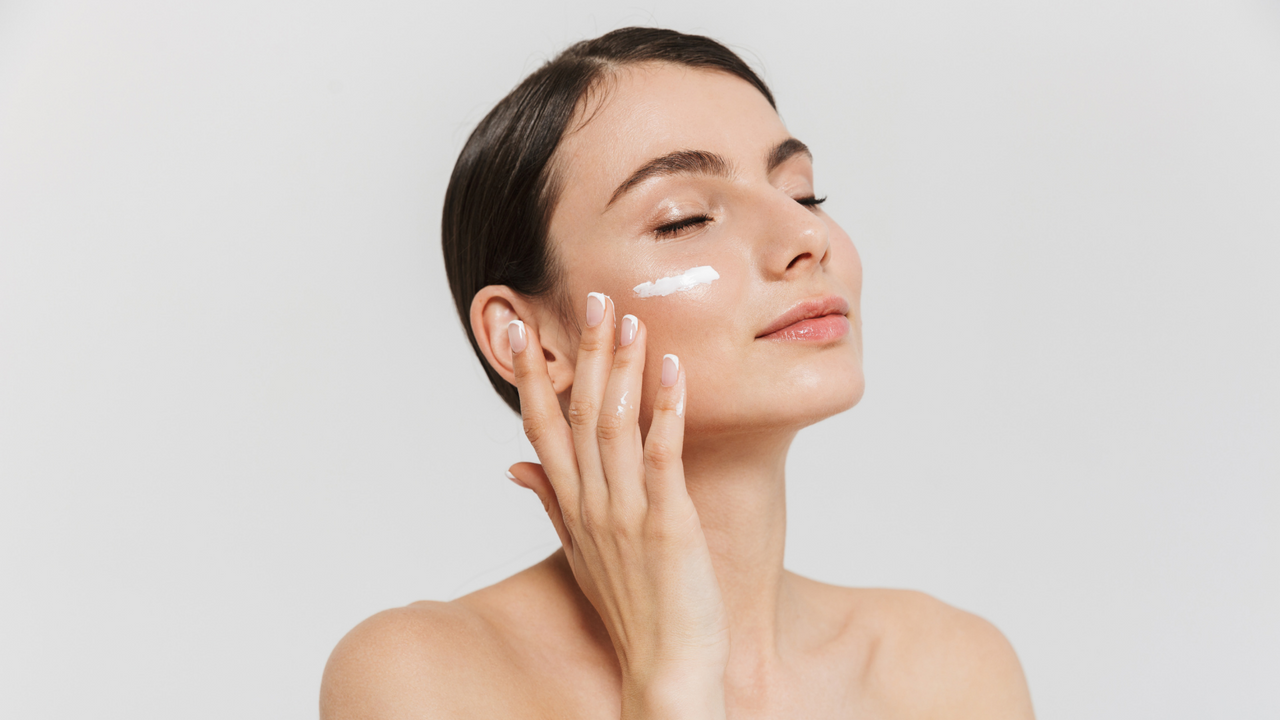
Skincare seems pretty basic right? Most of us are looking for products that clean our skin and tackle any specific issues we may have. And there's PLENTY of options to choose from. The Skincare Industry is a $16.5 billion industry and growing every year.
With so many lotions and potions on the market it can be hard to know which ones to choose. Especially when we're trying to find products that will not only do the job, but will also be safer for our health. I work with women all over the country every day helping them read their product labels and come up with a plan on how to choose the safest, most effective household products that fit their budgets and these are the top 3 ways I recommend to my clients on how to choose safer skincare.
Before I list the 3 ways I suggest to my clients to choose safer, let's talk a little about why this is important. In the United States, there has not been a major federal law passed in the...
Beautycounter: The Leader in Clean Beauty + 5 Ingredients to Avoid

In recent years, there has been a growing awareness of the harmful chemicals and toxins that can be found in many beauty products. Beautycounter is a brand that has been at the forefront of the clean beauty movement for the past 10 years, offering high-performing, safe, and sustainable skincare and cosmetics products. In this blog post, we will explore why Beautycounter is considered the leader in clean beauty, and provide readers with a label reading guide to help them make informed choices when it comes to their skincare and makeup products.
Why Beautycounter is the Leader in Clean Beauty
Founded in 2013, Beautycounter was created with the mission of getting safer products into the hands of everyone. The brand has a strict "Never List" of over 2,800 harmful or questionable ingredients that they vow to never use in their products, including parabens, phthalates, and formaldehyde. They also prioritize sustainability, using eco-friendly packaging and working to reduce their carbon...
Why You Should Get off the Green Bandwagon & Onto The Clean Bandwagon
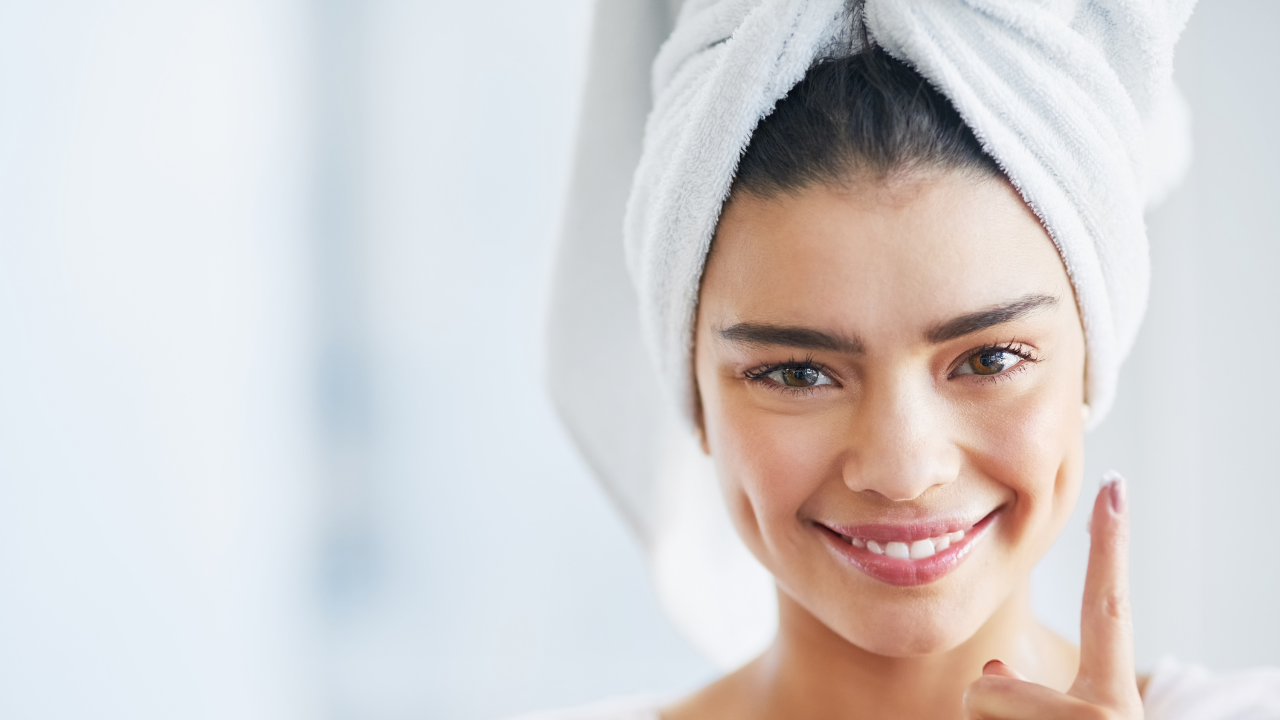
Most people assume that green products are a safer option. And based our experience with organic foods, they really should be. But unfortunately, what's not common knowledge is, those green terms like "organic" & "natural" that we have come to rely upon for choosing our food don't actually carry over to our household products.
Due to the lack of regulation in these industry's that create our household products (for example, the Personal Care Industry hasn't had an update to the laws governing it since 1938), companies are taking advantage of the "Green Wave" we are on in food to market to consumers. So these buzzwords do not necessarily mean that the products we are buying are actually safe.
So what exactly is CLEAN and why should you start shifting towards these products instead of choosing green products?

To make it a bit easier to understand, I've broken it down to 3 major factors that you should consider when...
Natural Skin care Products - Are They Safe?
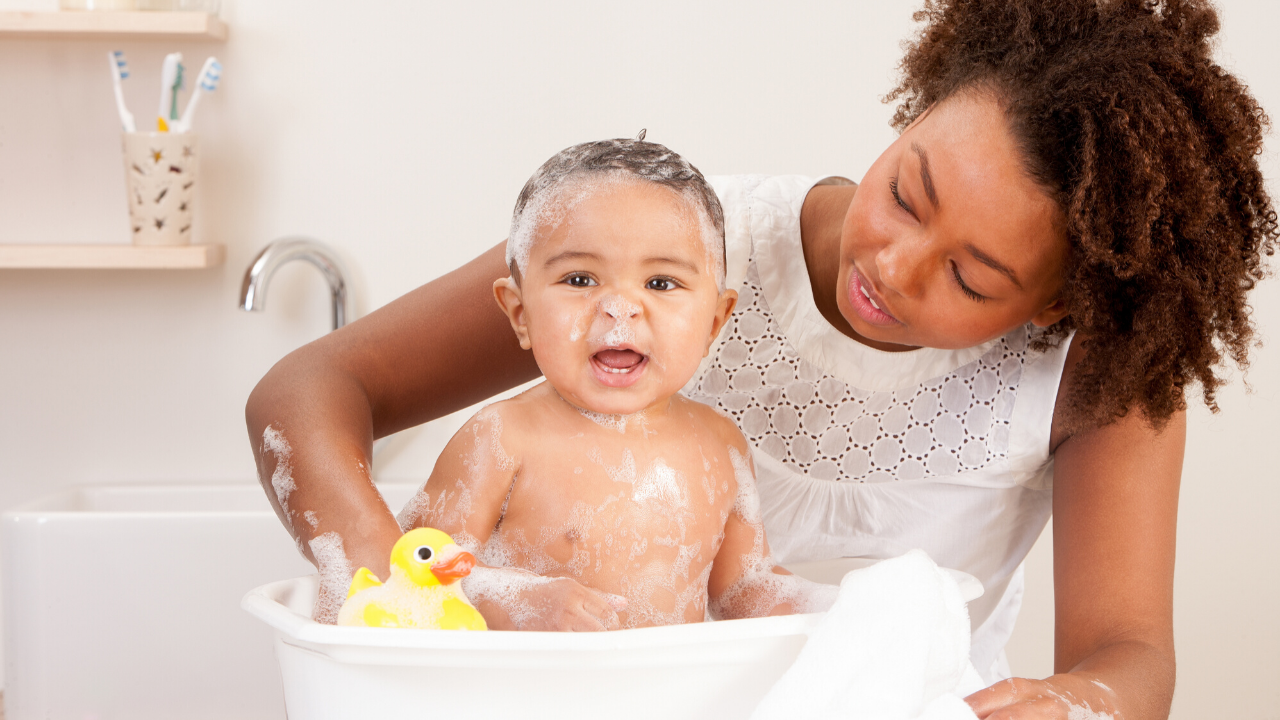
Did you know that some of the most POPULAR natural skin care products on the market still contain toxic chemicals?
Does that surprise you? Would you continue to use them knowing they contain ingredients linked to asthma, allergies & cancer? Most people assume that natural skin care products are safer for health, but that unfortunately is not always the case.
Many of us look to trusted brands to help us make purchasing decisions in our home. From the laundry detergent that we use to the personal care products we choose. We trust companies to provide us with products that work but that also protect our health and the health of our families.
And in reality, most people don’t even think of the safety part… it’s just a given… we believe products we buy in the store or online, especially NATURAL skin care products, are not going to harm our health.
In this day and age of “organic” & “natural”...
Is Talc Really Bad For You?
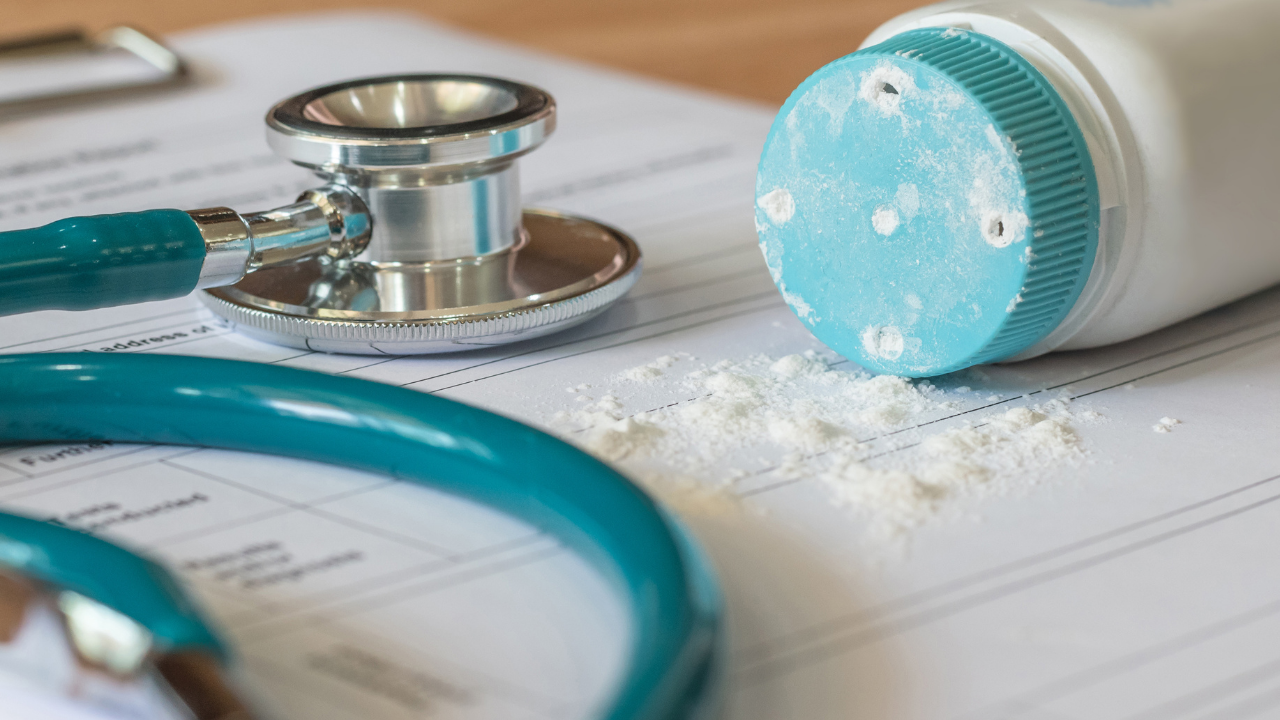
What's the deal with talc? Is it safe? Is it not safe?
I get asked this question almost every week by my clients. It's easy to understand why everyone is so concerned with talc with so many lawsuits these last few years concerning talc being in baby powder and causing ovarian cancer.
But, you might be surprised to hear that talc on its own is actually not dangerous. It's the asbestos that commonly contaminates talc that is the problem.
How do you know if talc is asbestos free?
It's pretty straight forward. Most talc on the market has a high likelihood of being contaminated with asbestos. There are some manufacturers who are making certified free talc, so if you have a hard time finding a talc-free alternative, call the company to see if their talc is certified asbestos free.
Why do companies use talc?
Talc is extremely absorbent, so it's widely used in baby powders, blushes and powder foundations. Some companies are looking to...


